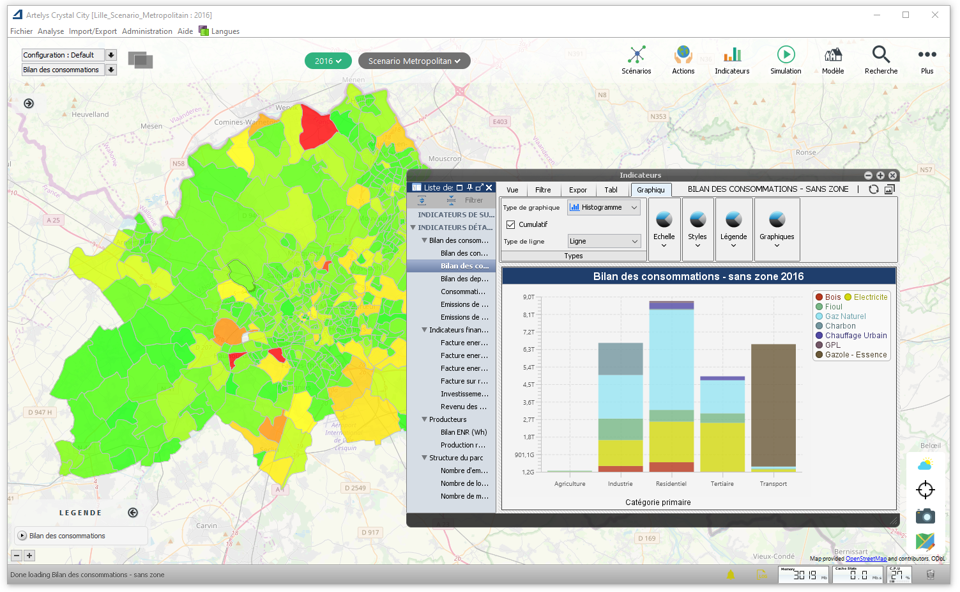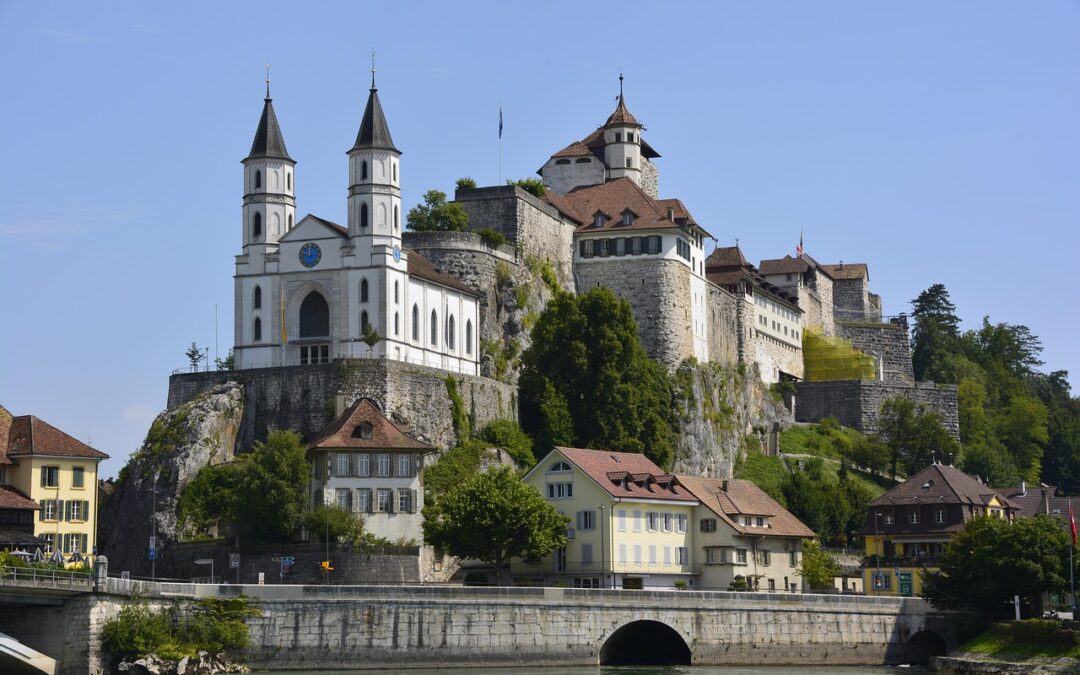Delivery of Artelys Crystal City to the European Metropolis of Lille
In 2018 and 2019, Artelys supported the European Metropolis of Lille (MEL) in the development of an energy planning study, aiming to strengthen the knowledge of the current energy situation of the territory, and to build a shared vision and a roadmap common to all actors.
This study made a major contribution to the Climate Air Energy Territory Plan (PCAET) accepted by the metropolis in December 2019, which further confirms its commitment to fight against global warming.

The use of advanced modelling tools such as Artelys Crystal City enables the metropolis to assess the impacts of different energy policies (energy renovation of buildings, energy efficiency, etc.) and adapt the territory’s strategy in a dynamic way.

Artelys Knitro 15.1: Solve your toughest pooling applications!
Artelys releases Knitro 15.1, bringing a new wave of performance upgrades and usability improvements to help you solve large-scale optimization problems faster than ever.

Artelys contributes to SNCF Voyageurs’ OPTIPLACE project
Artelys is contributing to the development and industrialisation of the OPTIPLACE project, which aims to improve passenger seating arrangements on Ouigo trains by developing the optimisation module used for seat assignment.

Swissgrid selects Artelys Crystal Super Grid
Artelys is pleased to announce that Swissgrid, the Swiss electricity Transmission System Operator (TSO), has selected Artelys Crystal Super Grid, our multi-energy simulation solution, to support their strategic planning and system analysis activities.

Artelys led the Assessment of Policy Options for Securing Inertia for the European Commission
The European Commission’s Directorate-General for Energy (DG ENER) selected Artelys (leader), Trinomics, and Tractebel ENGIE to study solutions for ensuring the future frequency stability of the European power system. The study report was published in August 2025 by...
subscribe to our newsletters
© ARTELYS • All rights reserved • Legal mentions